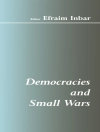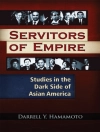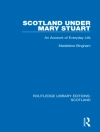Winner of the Davis Center Book Prize in Political and Social Studies
Co-winner of the Charles Taylor Book Award
How do ordinary people navigate the intense uncertainty of the onset of war? Individuals mobilize in different ways—some flee, some pick up arms, and some support armed actors. Drawing on nearly two hundred in-depth interviews with participants and nonparticipants in the Georgian-Abkhaz war of 1992–1993, Mobilizing in Uncertainty explores Abkhaz mobilization decisions during that conflict.
Anastasia Shesterinina uncovers that to make sense of the violence, Abkhaz leaders, local authority figures, and others relied on shared understandings of the conflict and their roles in it—collective conflict identities—that they had developed before the war. People consolidated mobilization decisions within small groups of family and friends and based their actions on whom they understood to be threatened and mobilized to protect. Their decisions shaped how the Georgian-Abkhaz conflict unfolded. Mobilizing in Uncertainty sheds light on broader processes of violence, which have lasting effects on societies marked by intergroup conflict.
Cuprins
Introduction: The Puzzle of Mobilization
1. Studying Civil War Mobilization
2. A Sociohistorical Approach to Mobilization
3. Collective Historical Memory
4. Prewar Conflict Identities
5. From Uncertainty to Mobilization in Four Days
6. From Mobilization to Fighting
7. Postwar Abkhazia
Conclusion: Uncertainty and Mobilization in Civil War
Despre autor
Anastasia Shesterinina is Chair in Comparative Politics and Director of the Centre for the Comparative Study of Civil War at the University of York.












